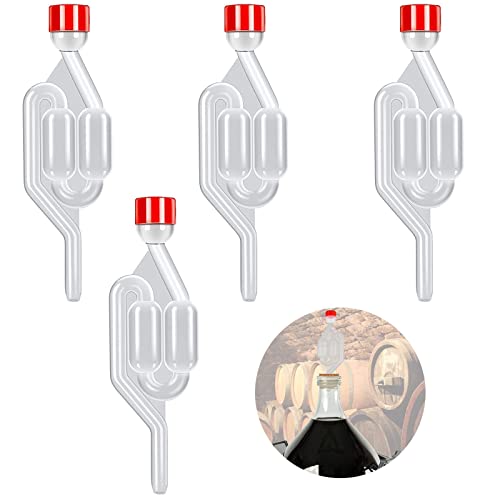AdeDunn
Member
There's a really simple answer to what is money, to go with the much more in depth and subjective answers.
Money is a conceptual trade token with no value beyond that attributed to it. NO money is real, as like time it's just an idea, that idea been a way for people to barter goods and services that they have a surplus of indirectly for goods and services that somebody else has a surplus of that they require. ie. Person A has more carrots than they need, but wants some turnips. Person B has more turnips than they need but doesn't want any carrots. Person A exchanges their surplus carrots for trade tokens (money), and then exchanges these trade tokens with person B for turnips. Person B now has trade tokens that they can exchange for a good or service that they do want, rather than ending up with a bunch of carrots that they don't want and now need to trade.
Sadly, merchant person is the one giving the trade tokens, and deciding how many to give for the carrots. Merchant person is greedy, so gives few trade tokens for many carrots, then trades carrots at a marked up price for more trade tokens than they paid for them to somebody who REALLY needs carrots. Person A barely scrapes by, Person B barely scrapes by, merchant gets "rich" as he has all the trade tokens. Person D doesn't have enough trade tokens to buy what they need.... you know the rest, banker lends tokens, demands more back than they lent, ends up owning property too when D can't repay, make more profit for not doing a heck of a lot, gets bailed out by government with trade tokens given to them by the people when takes a risk with the people's tokens who left them with him to keep safe and loses them, person D meanwhile loses everything and doesn't get bailed out by government, gets put in prison for stealing a loaf of bread as starving to death, whilst banker gives himself more money for been so clever in robbing everybody. People who gave the government tokens blame the person who stole the bread for their not having enough tokens....
Yeah, I'm a swivel eyed lefty socialist, does it show? lol Money, like time, is a means for the wealthy elite to control the populace. It wasn't supposed to be, but capitalism (where everybody has a chance to make money) vanished a while back and was stealthily replaced with feudalism once more, disguised as trickle down economics. All that changed is that barons were replaced with corporations and banks. Capitalism hasn't failed, it just got switched out without people noticing.
Money is a conceptual trade token with no value beyond that attributed to it. NO money is real, as like time it's just an idea, that idea been a way for people to barter goods and services that they have a surplus of indirectly for goods and services that somebody else has a surplus of that they require. ie. Person A has more carrots than they need, but wants some turnips. Person B has more turnips than they need but doesn't want any carrots. Person A exchanges their surplus carrots for trade tokens (money), and then exchanges these trade tokens with person B for turnips. Person B now has trade tokens that they can exchange for a good or service that they do want, rather than ending up with a bunch of carrots that they don't want and now need to trade.
Sadly, merchant person is the one giving the trade tokens, and deciding how many to give for the carrots. Merchant person is greedy, so gives few trade tokens for many carrots, then trades carrots at a marked up price for more trade tokens than they paid for them to somebody who REALLY needs carrots. Person A barely scrapes by, Person B barely scrapes by, merchant gets "rich" as he has all the trade tokens. Person D doesn't have enough trade tokens to buy what they need.... you know the rest, banker lends tokens, demands more back than they lent, ends up owning property too when D can't repay, make more profit for not doing a heck of a lot, gets bailed out by government with trade tokens given to them by the people when takes a risk with the people's tokens who left them with him to keep safe and loses them, person D meanwhile loses everything and doesn't get bailed out by government, gets put in prison for stealing a loaf of bread as starving to death, whilst banker gives himself more money for been so clever in robbing everybody. People who gave the government tokens blame the person who stole the bread for their not having enough tokens....
Yeah, I'm a swivel eyed lefty socialist, does it show? lol Money, like time, is a means for the wealthy elite to control the populace. It wasn't supposed to be, but capitalism (where everybody has a chance to make money) vanished a while back and was stealthily replaced with feudalism once more, disguised as trickle down economics. All that changed is that barons were replaced with corporations and banks. Capitalism hasn't failed, it just got switched out without people noticing.

























![BREWING THERMOMETER STICKERS ACCURATELY MONITOR FERMENTING BEER & WINE LIQUID TEMPERATURES 5PCS HOME BREW SPIRITS WINE LCD ADHESIVE [US]](https://m.media-amazon.com/images/I/311DDjo2X3L._SL500_.jpg)















